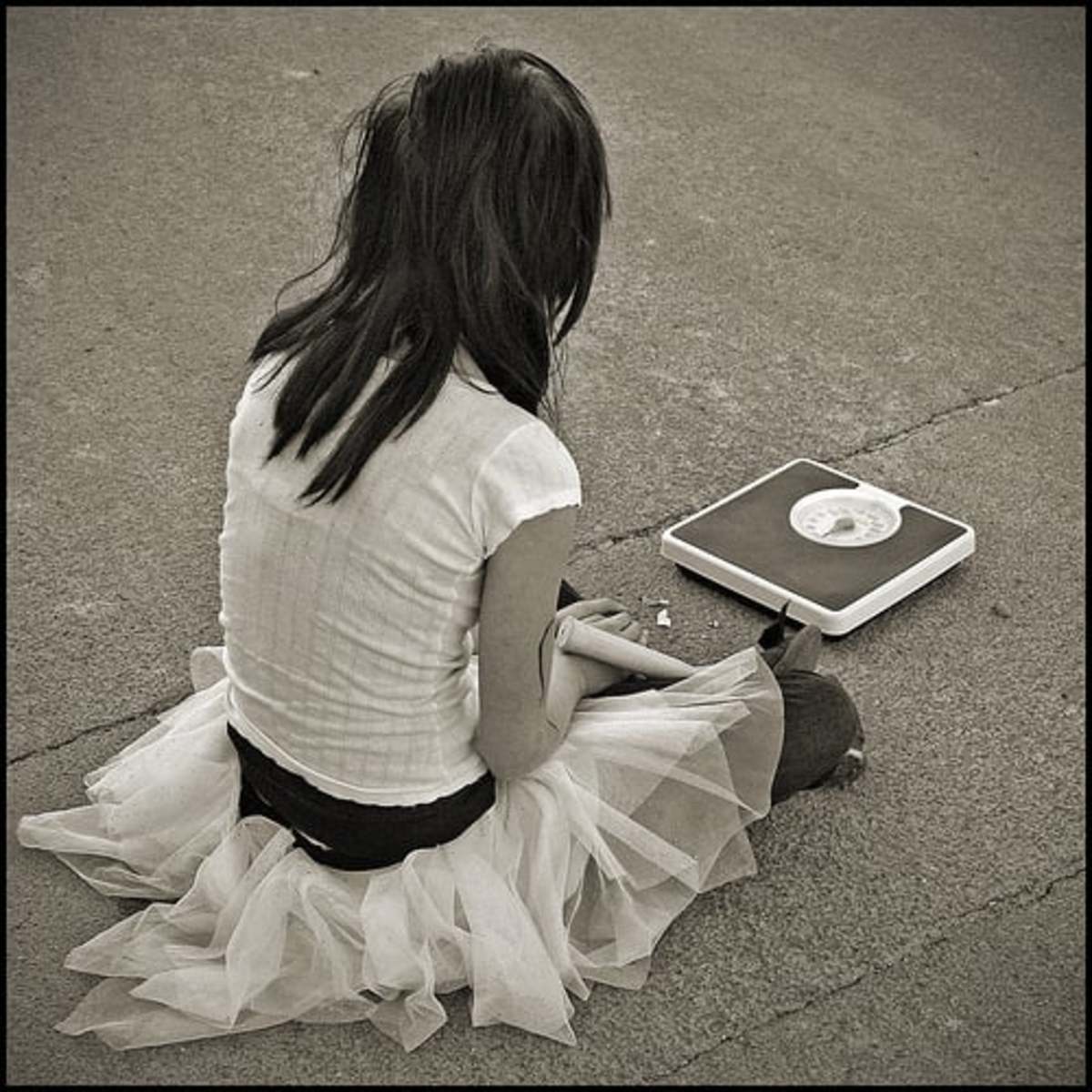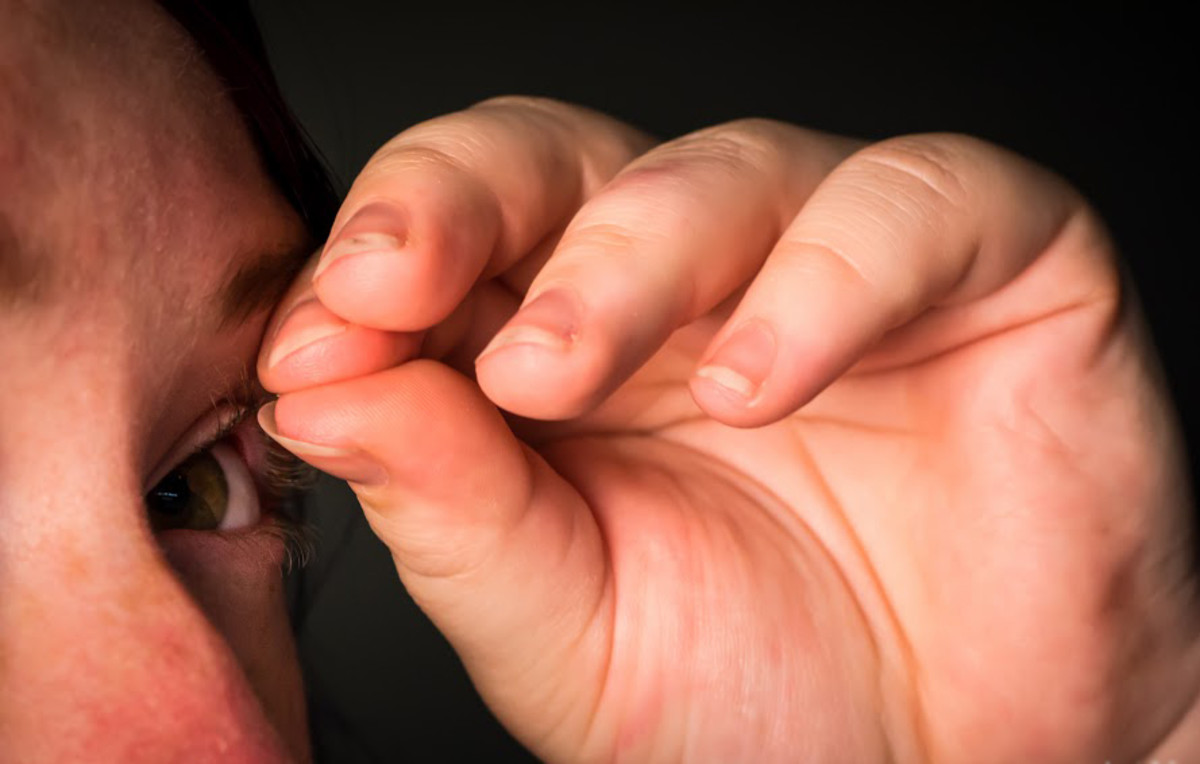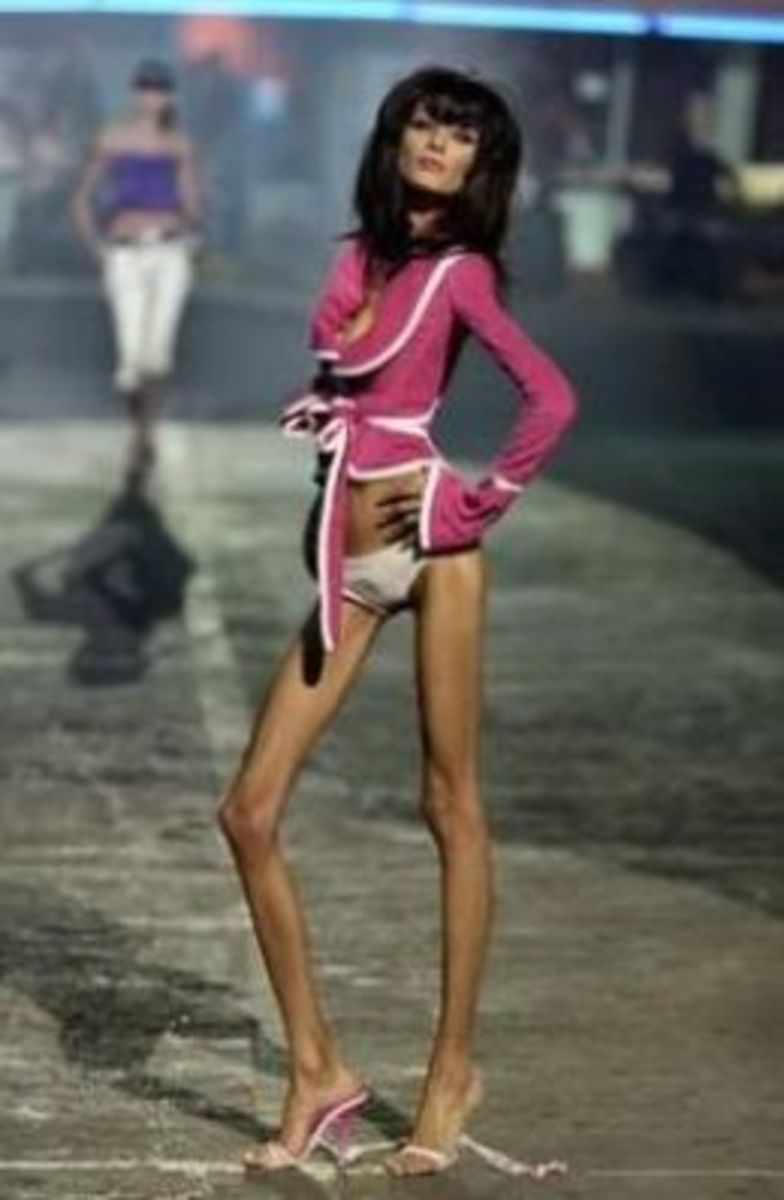What Is Disordered Eating Behavior? What Are the Signs and Symptoms?
Disordered Order...

Information Worth Knowing
What is disordered eating behavior? Disordered eating behavior is an irregular and sometimes erratic eating pattern, which to most of us mere mortals raises an eyebrow or two. The name disordered eating behavior derives from the fact that this disorder is not specific to a particular disorder, for example, anorexia nervosa or bulimia nervosa. The sufferer may or may not be aware of their strange relationship with food. The whole ritual of eating in itself: their daily performance of getting through breakfast, lunch and dinner may be perfectly normal to them.
Poor body image, childhood habits, depression, stress or other negative influences in their life, may kick start the sufferer into a dysfunctional obsession with their eating patterns. Unlike typical food disorders, suffers of this particular disorder can go unnoticed for some time. We may put someones unusual eating habits down to being a picky eater, being a little odd or simply just being down right awkward.
Weight loss can be a symptom, but in most cases this is a symptom of a progressive state of disordered eating behavior. It's important to be aware of unusual and/or erratic eating habits that may help the diagnosis of disordered eating behavior. An early diagnosis of a food disorder can be the difference between ironing out a few odd food obsessions (with great care) and a full blown food disorder way beyond the control of the sufferer and the sufferer's family.
Examples of Disorder Eating Behavior
- A sufferer may eat only one food group. Eat particular colours of food ie green pasta and green vegetables or chicken (white) and rice (white). Foods of one or similar textures ie mashed or pureed foods. Foods cooked in a particular way, steamed or grilled or served in a particular pot or pan. The same plate/bowl, the same fork and knife.
- Perhaps celebrities and their fad diets ie the purple food diet and the baby food diet have helped fuel the disordered eating behavior of adoring fans and people that are easily influenced. For some, following the fashionable celebrities is more than just a fad, it's a ritual: performed regularly at meal times.
- Obsessive weighing of foods and/or portion controlling is another possible sign of this disorder; planning meals or insisting on cooking their own food; being overly fussy about ingredients to the extent of becoming unreasonably upset.
- Some sufferer's will have a favorite plate or glass from which they eat and drink. If someone else uses their plate or glass, their behavior can verge on the manic. Serving their food on anything but their plate can send them into a state of panic. Plates with colours or motifs may also be a no go for some, preferring a plain white plate. They may keep their plate in a different cupboard than the other household plates or even in their bedroom.
- Placing different food colours or food groups into individual little bundles on a plate. Making a shape, a line or to one side of the plate.
- Taking great care to ensure that different food groups or colours don't touch.
- Another example is counting the mouthfuls of food as they eat. Eating one mouthful of each food type on the plate in a particular pattern; one mouthful of meat, two of rice, three of vegetables and back to one mouthful of meat etc. Or similar oddities.
- Time can play a major part in the habits of some sufferer's; eating at particular times on a daily basis. The extent of this particular ritual can alienate a person form friends and family. The idea of eating at any other time other than their specific allocated time forcing them to avoid lunches and dinner invitations with loved ones. The whole day can evolve around the times they plan to eat. To their loved ones they come across as being reclusive or just down right rude. The sad reality is quite hard to accept but while that might be true for many of us, it is of course far harder to live with this awful behavior.
Irregular Habits
Is there a typical pattern with disordered eating behavior? Is there one thing that stands out among sufferer's? Is there a known trigger? There is only one answer: No! Some behaviors may be more common among sufferer's but other behaviors can be completely unique. There may be a series of habits on different days or combinations of unusual habits all of the time.
Although a food disorder is not recognized in the same serious context as other eating disorders it's important to be aware of 'harmless' faddy eating. What may seem picky or choosy can morph into more serious food habits with alarming consequences, progressing to anorexia nervosa or other life threatening related diseases that are anything but faddy.
If you notice a loved one who will only eat green vegetables; denies themselves certain foods; won't share their food; always leaves three chips, peas, carrots or a particular number of whatever foods are on their plate; organize their food before eating it; seem stressed when it comes to meal times; avoid mealtimes with family and/or other peculiar food habits keep an eye on them. They may simply be going through a funny faddy stage, but they might not be. They might be on the verge of something much bigger.
Should you be concerned about a loved one speak with your GP. Whatever you do don't harp on at them, you will only add to the problem. You will alienate them.
With the right guidance and professional help, people that suffer with disordered eating behavior can resume healthy normal eating habits for the rest of their lives and of course lots of love and patience is required too.
Listed above are four books that all relate to disordered eating behaviors: discovery and help from binge eating; controlling appetite; effective strategies; therapeutic practices; mental health and freedom from this life controlling disorder.
On a Personal Note
The main reason I decided to write this hub was due to some very upsetting personal experiences over recent years within my own family circle. It can be a very confusing and hurtful time. Blame plays a big part, and there is plenty of blame to be dished out. However blame never solves anything and certainly doesn't aid prevention. Try your best not to go there.
I wish to highlight the subject of disordered eating behavior for the soul reason of awareness. It's amazing what you see when you know what to look for. Realizing what is a fad and what just doesn't seem at all right can make a huge difference when it comes to serious eating disorders.
On a slightly lighter note however, don't panic if a loved one always asks for the green M&M, the red jelly bean or your last rolo. Apparently the majority of us often do, and it's perfectly normal. Me: I love the pink juicy fruits and have to roll my maltesers or they just don't taste the same.
Have you heard of Disordered Eating Behavior?
© 2011 Gabriel Wilson








